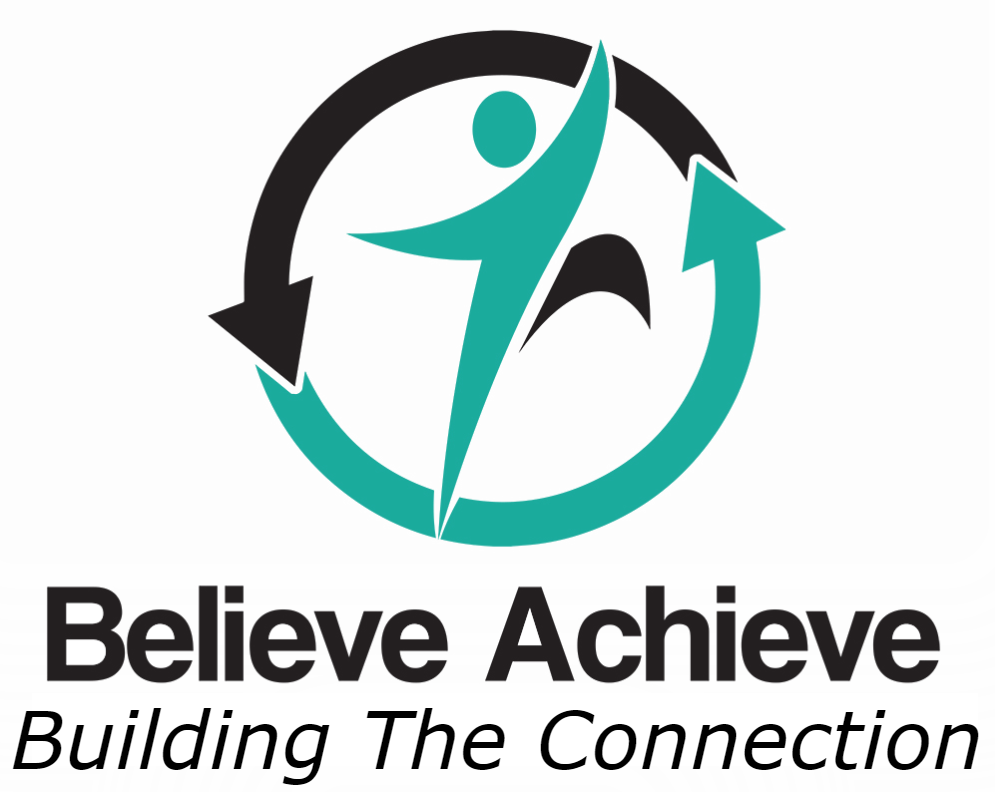A friend of mine was telling to me about one of his long term clients. Over the years my friend had provided what he considered good and appropriate advice to this client however the client never takes any of it up. “He never listens to anything I tell him”
He was clearly frustrated so I asked “what have you done differently?” He looked perplexed. Nothing.
Do you have a team member, a peer, or boss who you feel doesn’t listen to you?
Why not try this approach.
Try asking them questions instead.
Questions which can generate thinking and some introspection include
- What have you done to try to solve….?
- What do you believe is causing……?
- How long have you had this problem?
- What do you think would be another approach?
- If nothing changes with …….in the next 3/6 months, what is the likely consequence?
Have you noticed I haven’t used “why” questions? The reason is that they can be perceived as judgemental and create defensive responses. Stick with questions beginning with “what” or “how”.
By using this approach you open the person up to considering other options. Good questions can result in the person coming up with some insight as to the impact of the problem. Their own thinking creates a sense of urgency to find a solution (or have you provide one).
By applying this you will find that people will start to listen to you. They will become genuinely interested in what you have to say.
The art of questioning is a great skill to have in the workplace. And like every skill you need to practice to perfect it. So dare to be different.
Earlier this year I read about growing ginger. The literature said that you simply planted a couple of nodules of ginger into potting mix. All I had to do was to water the pots each day over summer and regulate the amount of hot summer sun they received and later, maximise the amount of winter sun.
The photo shows my very first crop. Whilst I had planted two pots of ginger only one actually grew. Despite this I consider my attempt a definite success and, more importantly, something to improve on.
Like so many things that we know we should do in our careers, growing ginger was touted as really simple to do. But I hadn’t grown ginger before so I had no idea of the results. I gave it a try because I was curious.
What can I pass onto you about my small experiment? Well, I encourage you to be curious and experiment with doing something different in your job or relationship. Start off with something small, that you have control over, and has little risk associated with it. Tend to your experiment daily and keep on it for at least 6 months.
Activities could be
- Improve your time management by scheduling time each day for you to do work uninterrupted on a priority task.
- Substitute “how are you?” as your greeting to “what will you be working on today?” to encourage meaningful discussion with your team, or,
- Take a lunch break and use it to get out of the office for 30 minutes. You might even practice mindful meditation.
All these are easy to do and equally they are easy not to do. And that is the problem for many of the wise words of leadership and personal development. Many of the improvements we can make in our roles and our relationships are really easy. Like my ginger it was simple to tend to the pots and within 6 months I had a result. That is now enough to get me motivated to do more next time in order to get even better results.
If you do nothing then nothing changes. If you try something, you will get results. You will reap what you sow.
I was watching 4 Corners last Monday. The report was about the jobs of the future and the prediction that the biggest threat from technological advancement will be in the white collar sector. I started wondering……what is the threat today?
I have many friends and former colleagues who are struggling to find a job. These are good people with around 25+years of professional experience in white collar roles yet it seems that few companies want to hire them. I also know of a large number of recent graduates who say that they cannot find a job in their field because the entry level jobs require previous experience and specific skills.
So we have a group with too much experience and another group with no experience, neither are considered suitable for employment.
For me the threat today is that there are many great, valuable, & useful candidates who are not getting a look in. Most don’t even get an interview.
I thought about the title of one of Marshall Goldsmith’s books “what got you here won’t get you there” and I thought “how does this apply to people currently looking for a new role?”
Today’s world of work has dramatically changed and will continue to do so. If the skills and knowledge we use to build our resumes are causing us to end up on the “no” pile, (as proven by the lack of job offers to these two groups), what do we need to do differently?
Changing how you present yourself in your resume has to be the area because your resume determines whether you are suitable or not to the employer.
What can you do with your resume to make you look an attractive candidate?
I wonder if the days of listing years of responsibilities are gone. I wonder if you need to radically rethink your resume.
Businesses are struggling with the volatile, ambiguous and ever changing environment. They are also struggling to find people who not only cope but can thrive in this environment. How can you show you are up to the challenge?
You could consider the following suggestions
- Providing real examples where you have solved complex problems using innovative and creative thinking
- Demonstrate your curiosity by seeking more than one option from more than one
- How you not only adapt to change but you have helped others to do so too.
Thinking differently is what employers are looking for. So why not find ways to show that you do this in your resume? What have you got to lose?
I was talking with my step daughter yesterday. I asked her what she saw when she looked in the mirror.
She told me she saw a person she believed everyone else saw when they looked at her. The words she used to describe herself weren’t very flattering at all. My step daughter has a lot of wonderful personality traits and physical attributes. However her brain filters out data that is incongruent with her beliefs and only allows in data that support them. The result is a perception that is very powerful and hard to shift.
On the other side of the coin I used to work with a manager who thought himself to be the best type of leader. Give him five minutes and he would tell you this. Unfortunately the two teams he lead, his peers, his internal and external customers, and even his boss all had a very different view of him. To them he was a narcissist and an ego centric W**** (their words not mine). It was so bad that when he announced his resignation, his team in WA decided to go out and celebrate!
What type of leader are you? Are you so concerned about what others think of you, that you lack courage and determination? Or do you place yourself on a pedestal and cannot see the damage you cause?
Perception and belief systems have a significant impact on how influential and prosperous you will be in your career. To have the best outcome you need to ensure your perceptions and beliefs are based on fact and not assumption. The best way is to ask others for honest feedback and be willing to listen to the response without defending yourself. You then need to believe what you hear and do something about it. Not easy but definitely transformational.
I was talking to my friend, Joe, the other day. He was fed up with the negativity that one of the guys in his team constantly displays. Have you ever experienced this? Joe said that this guy complains about everything and it has a real negative impact on the others in the team. Joe told me that he decided to do something completely different with him.
He told this guy that he will be responsible for arranging the next training day in 2 months’ time. Despite being initially apprehensive about the project, Joe said that he could not believe the change in behaviour in this guy. This guy has taken this project to heart, to the extent that Joe says this training day is going to be something quite spectacular.
What is the learning in this?
Adults like to use their skills and experience in their role. And they like to feel valued.
This guy used to be a trainer a few years ago. Joe knew this but hadn’t considered it really relevant for the job. The project provided the guy an opportunity to demonstrate his talents and be recognised. It also meant that this guy couldn’t complain about the training days in the future. It’s a great outcome for everyone.
As a leader, getting to know your people isn’t about being soft and friendly. It is about gaining useful knowledge that can be used strategically in improving the productivity of the team. People respond well to recognition and feeling valued. Finding tasks that suit the individual will increase motivation and engagement. Both of which are at historic low levels in business today.
What untapped talents are present in your team?
I was listening to a webinar presented by Rich Litvin a successful international coach. One of his slides really related to me. It said, “Be proud of your mistakes. Take a risk. Fail spectacularly. And then go out and fail again.”
While I don’t recommend failing so spectacularly that you put your business out of business, I feel that many of us shy away from taking a risk that is just as likely to fail as it is to succeed. And, if it doesn’t work the first time, most of us give up altogether. Thank goodness we aren’t all researchers in the cure for cancer!
I don’t know why the culture of business is now so against failure. Could it be that we are so focussed on just keeping afloat today that we can’t stomach any risk that may provide benefit in the longer term?
I like the quote from Thomas Edison, “I haven’t failed. I have just found 10,000 ways in which it did not work.”
What is possible for you and your business if you took risks and considered failures to be something to learn from?
What if you considered a risk of failure as an investment rather than a career limiting action? Where would your future lie?
Page 8 of 9« First«...56789»

